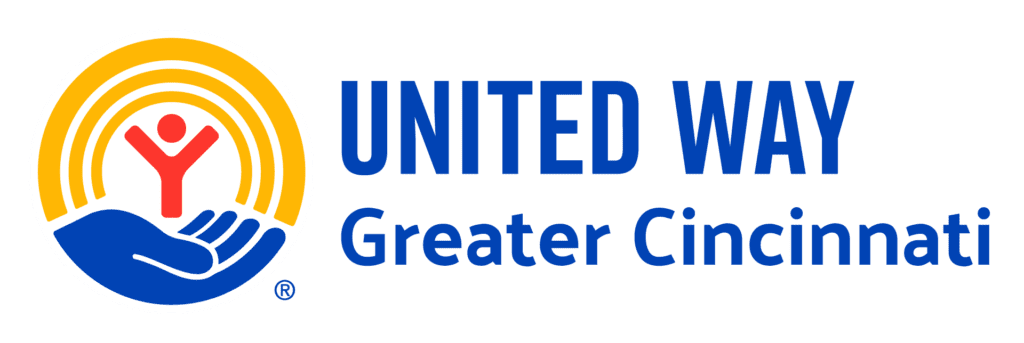Moving to Cincinnati from her native North Carolina offered Ariel the promise of a fresh start. With a job lined up, she saw opportunities for personal and professional growth.
But less than a year in, everything changed. She was laid off.
Her job search began immediately. A month went by. Then another. Unemployment benefits helped, but they were not enough to make ends meet.
By her third month without a paycheck, Ariel reached a breaking point.
“I was like, I don’t know how I’m going to do this. I had a list of (social service) resources, but nothing checked out. I could never get in touch with anyone. It was crunch time.
“At that point, I was just depleted, and defeated, honestly. I almost gave up. I thought I was going to be on the street, or my credit was going to be wrecked or I was going to go through an eviction process. I was really stressed out, losing sleep.”
Even after landing a new job, the stress didn’t let up. She worried she might be evicted from her Cincinnati apartment before her first paycheck arrived.
She doesn’t recall how she heard about United Way 211, only that it felt like “my last resort.”
She called. On the other end of the line was a real person — a 211 resource navigator — who listened without judgment.
“Sometimes you call places and people aren’t the nicest,” Ariel said, “or they have preconceived notions about you being unemployed and asking for assistance. But (the resource navigator) was empathetic and efficient.”
The call changed everything.
Ariel learned she was eligible for Access to Counsel, a program that provides rent assistance and legal counsel to Cincinnati residents facing eviction. In addition to United Way, partners are the city of Cincinnati, which funds the program, the Hamilton County Clerk of Courts Help Center and Legal Aid Society of Greater Cincinnati.
“It was a huge relief for me,” Ariel said. “It was an easy process. It was very quick, as well. I just needed that one push. I was really thankful. It meant a lot to me to get that assistance.
“It really restored my faith in humanity.”
Once her first paycheck arrived, Ariel felt she could finally exhale. The crisis was over, and she could start again on solid ground.
“I’m 100% stable. I’m thriving,” she said.
Ariel now works in the collections department of a local bank. “I deal with people all the time who are having trouble paying their bills and are dealing with hardships.”
She brings to the job something that can’t be taught: lived experience, which she leans on to treat others with dignity and respect.

